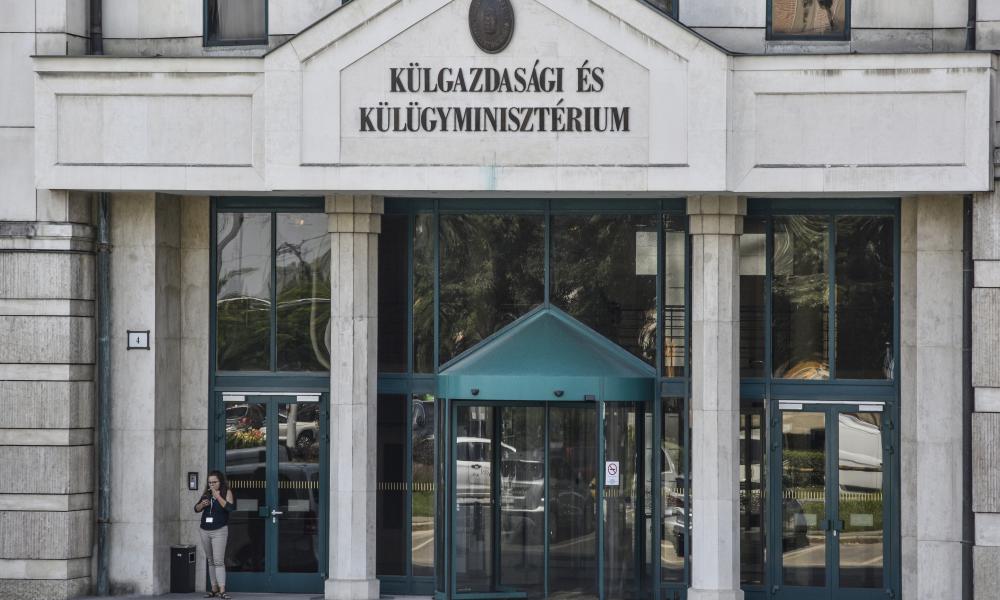State secrets may have been leaked, but Péter Szijjártó’s wallet settled the matter in three words.
“We don’t respond to campaign lies.” This is how the Foreign Ministry, headed by Peter Szijjarto, answered our questions, which were sent after the investigative portal Direkt36 wrote, citing several reliable sources: hackers of the Russian Internal Security Service (FSB) and the long-time Russian military secret service (GRU) broke into the network Hungarian Foreign Affairs and Correspondence. This, they wrote, means that the Russian government can even see secret Hungarian diplomatic correspondence. According to Direkt36, it is not known when the Russians hacked the network, but the extent of the infection indicates that they have long been monitoring the correspondence of the Hungarian Foreign Service: the computers of about 150 elements of the ministry and more than 90 Hungarian missions were affected.
According to the portal, Russian espionage became apparent to Hungarian national security by the second half of 2021, when Szijjártó was notified of the intrusion. However, there is no evidence that Foreign Minister or Prime Minister Viktor Orban, who met with Russian President Vladimir Putin in Moscow last February, spoke openly. There is no indication that the Hungarian side has formally notified the EU and NATO member states of the issue.
According to the survey portal pull, Hungarian cyber defense has been particularly developed in the past. Even the National Security Inspectorate (NBF) Cyber Defense Center, which was established in 2011, was able to prevent and fend off a Russian hacker attack on NATO in 2013. However, the dismantling of the NBF began after a stunning pro-Russian transformation. In an earlier presentation, Ferenc Fries, the former head of the NBF, who practically ceased to exist in 2015, said the downsizing of Hungarian cyber defense was “under Russian economic pressure”.
In the case, the opposition called for Szijjártó to resign, saying “no one who deliberately exposed the country to Russian interests should head the foreign ministry”. Ágnes Vadai (DK) has called on Attorney General Peter Bolt to start ex officio proceedings in the treason case.
It was not only Russian fraudsters who had problems in foreign affairs. Although Sijjártó, a leading fighter in the eastern opening, has repeatedly stated that Huawei’s Chinese phones are not a security issue, the investigation portal has also submitted an internal ministerial circular specifically warning diplomats: Huawei (ZTE), Honor, Xiamoi, Wiko and OnePlus Send personal information to China anonymously.












































